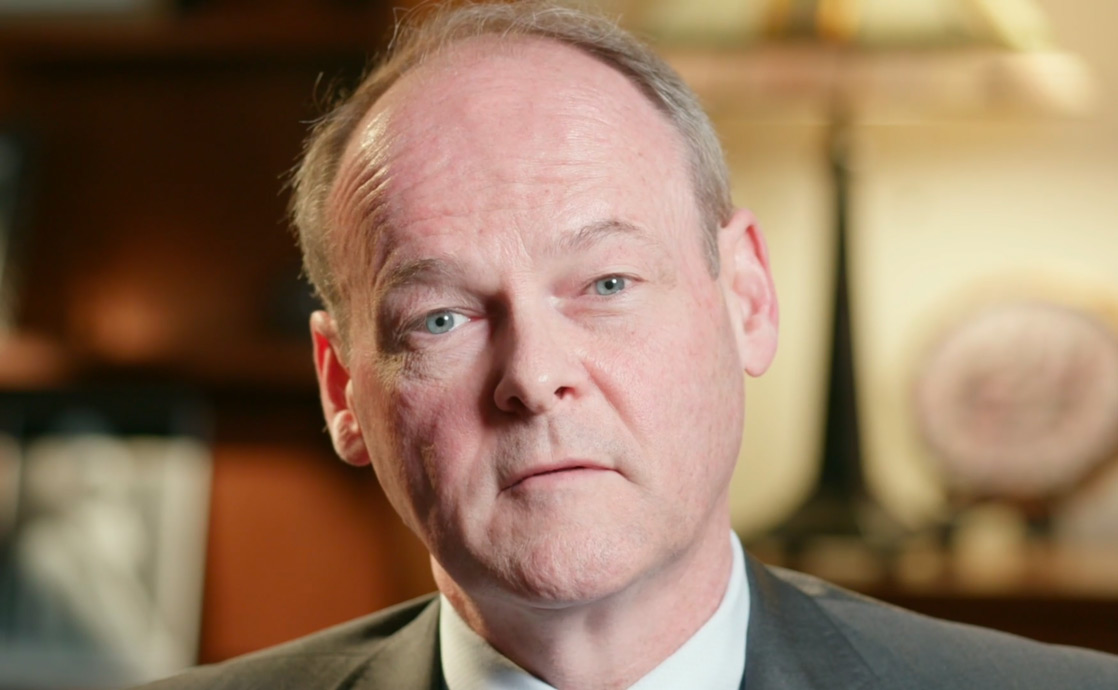The concept of race unity is a fundamental tenet of the Bahá’í Faith, heralded as an exemplar of social harmony and collective advancement. Emphasizing the significance of unity amidst diversity, the teachings advocate for the recognition of the oneness of humanity, urging individuals to transcend racial prejudices and harness collaborative efforts in pursuit of social justice. Yet, when faced with adversity and societal discord, maintaining this commitment often becomes a Herculean task. This exploration delves into the profound implications of race unity, particularly in turbulent times, elucidating the principles that empower adherents to traverse the challenges faced in an increasingly polarized world.
At the heart of Bahá’í teachings lies the assertion that every human being is created equal. This doctrine not only cultivates an appreciation for diverse cultural manifestations but also instills a moral obligation among followers to advocate for the rights of all individuals, irrespective of their racial or ethnic backgrounds. The commitment to race unity becomes even more critical in moments of societal upheaval—when the specter of discrimination and division looms large, challenging the resolve of communities to uphold their shared values. In such instances, Bahá’ís are called upon to embody the ideals of compassion and understanding, fostering dialogues that bridge divides and promote mutual respect.
Historically, various movements for social progress have encountered fierce opposition. Bahá’í principles underscore the necessity of resilience and steadfastness in the face of societal rejection or hostility. The teachings espouse the idea that commitment to race unity is not merely a passive state but an active pursuit—one that requires individuals to confront uncomfortable truths and address latent biases within their own spheres of influence. Thus, this journey towards unity necessitates self-examination, a willingness to engage in difficult conversations, and the courage to disrupt entrenched norms that perpetuate inequality.
Moreover, it is crucial to recognize the interconnected nature of social issues in our global landscape. The Bahá’í discourse on race unity encourages individuals to discern the myriad intersections of race, class, gender, and privilege. Each facet complicates the simplicity of racial categorization, revealing that the struggle for unity must also grapple with the influencers of socioeconomic structures that perpetuate disparities. This dichotomy prompts a deeper contemplation of how systemic injustices may not be merely a product of individual biases but rather entrenched within societal frameworks that require dismantling.
Engagement in community building emerges as a potent mechanism in the quest for race unity. Through collective action, individuals can forge relationships beyond their immediate circles, expanding their understanding and fostering solidarity. Bahá’í institutions often facilitate activities that reinforce the bonds of community, emphasizing collaborative projects which appeal to the shared aspirations of diverse constituencies. Such initiatives not only ennoble participants but also serve as a testament to the beautiful tapestry of humanity, demonstrating that harmony emerges when disparate threads weave together.
The role of education cannot be overstated in the discourse on race unity. Bahá’í teachings prioritize the cultivation of knowledge as a crucial tool in combating ignorance and prejudice. Educational endeavors, when infused with the principles of equity and non-discrimination, empower individuals to critically assess societal narratives. The integration of teachings on race unity into educational curricula can imbue the next generation with the insights necessary to dismantle biases and foster a culture of inclusivity and respect.
Furthermore, as global citizens navigate this murky terrain, the significance of spiritual nourishment comes to light. The Bahá’í vista regards the pursuit of spirituality as a binding force that transcends temporal divisions. Through prayer, meditation, and community service, individuals fortify their spirits against despair, becoming beacons of hope amidst uncertainty. This spiritual grounding engenders an inner resilience, equipping adherents with the fortitude to advocate for race unity unceasingly, even when facing formidable opposition.
Additionally, the concept of justice realized through action emerges as a salient theme within the Bahá’í framework. Justice is viewed not solely as a theoretical construct but rather as a dynamic principle requiring active involvement and advocacy. The adherence to justice can empower communities and individuals to resist complacency when encumbered by fear or apathy, embracing the responsibility to challenge injustices and advocate fervently for equality in all its forms. This act of raising one’s voice against tyranny and inequality epitomizes the essence of Bahá’í principles in action, delineating a pathway toward enduring transformation.
As communities grapple with the implications of systemic inequities and explore the depths of racial strife, the Bahá’í commitment to race unity provides a luminous example of what it means to hold steadfast in one’s ideals despite adversity. Drawing from prophetic teachings, adherents are reminded of their ethical duty to embrace diversity and actively contribute to a unified global society. The struggle for race unity thus becomes an indispensable aspect of the collective human experience, urging all to reflect on their roles as agents of change.
In conclusion, the Bahá’í teachings on race unity present an invaluable framework for engaging with the complexities of human relationships in turbulent times. This commitment demands reflection, resilience, and a sustained focus on justice, collaboration, and education. It is a clarion call to all humanity, encouraging individuals to see beyond superficial differences and work diligently towards the collective aspiration of a harmonious society. The journey may be fraught with challenges, but as the teachings affirm, by anchoring our efforts in the spirit of unity, we can cultivate a world where peace and inclusivity prevail.
